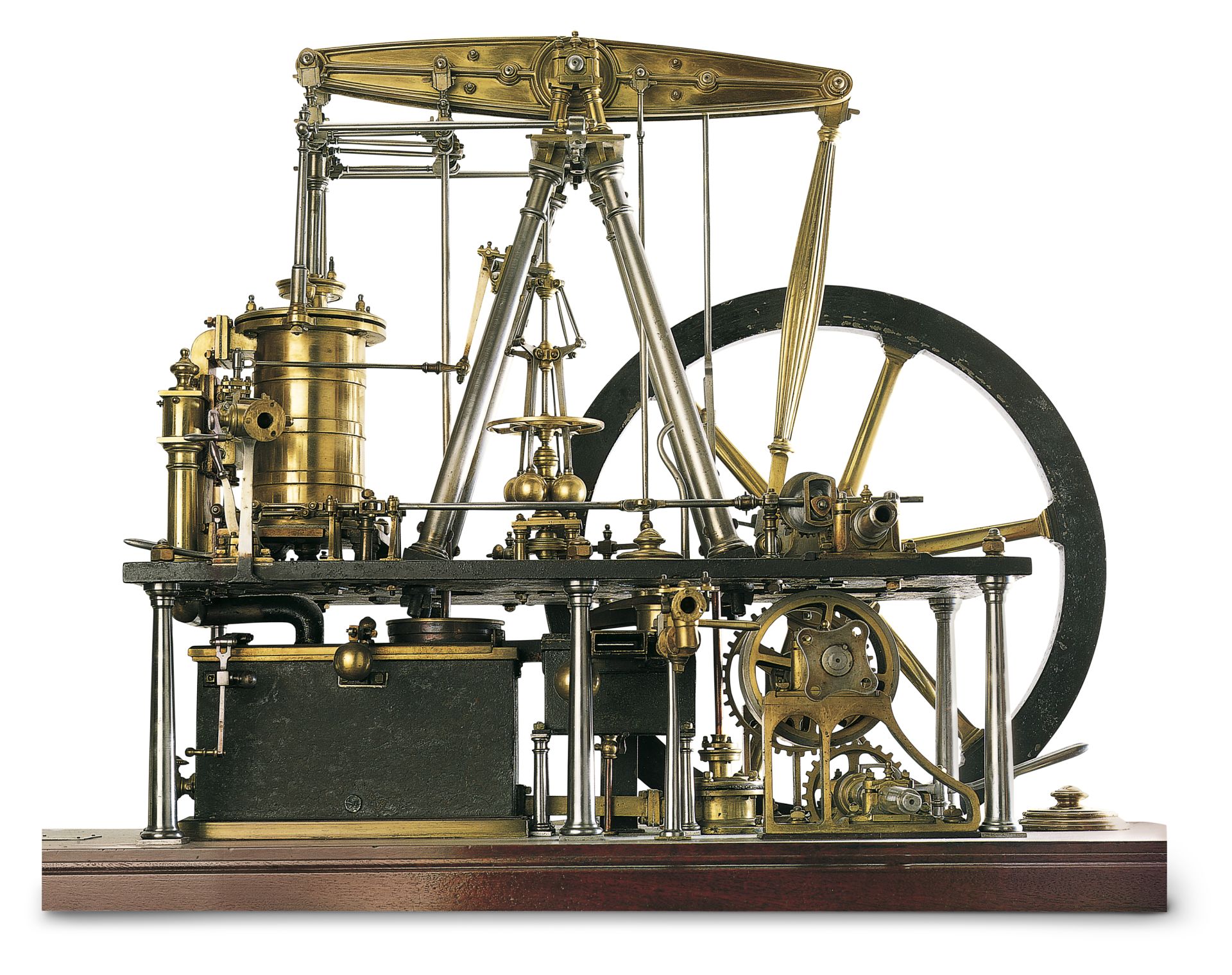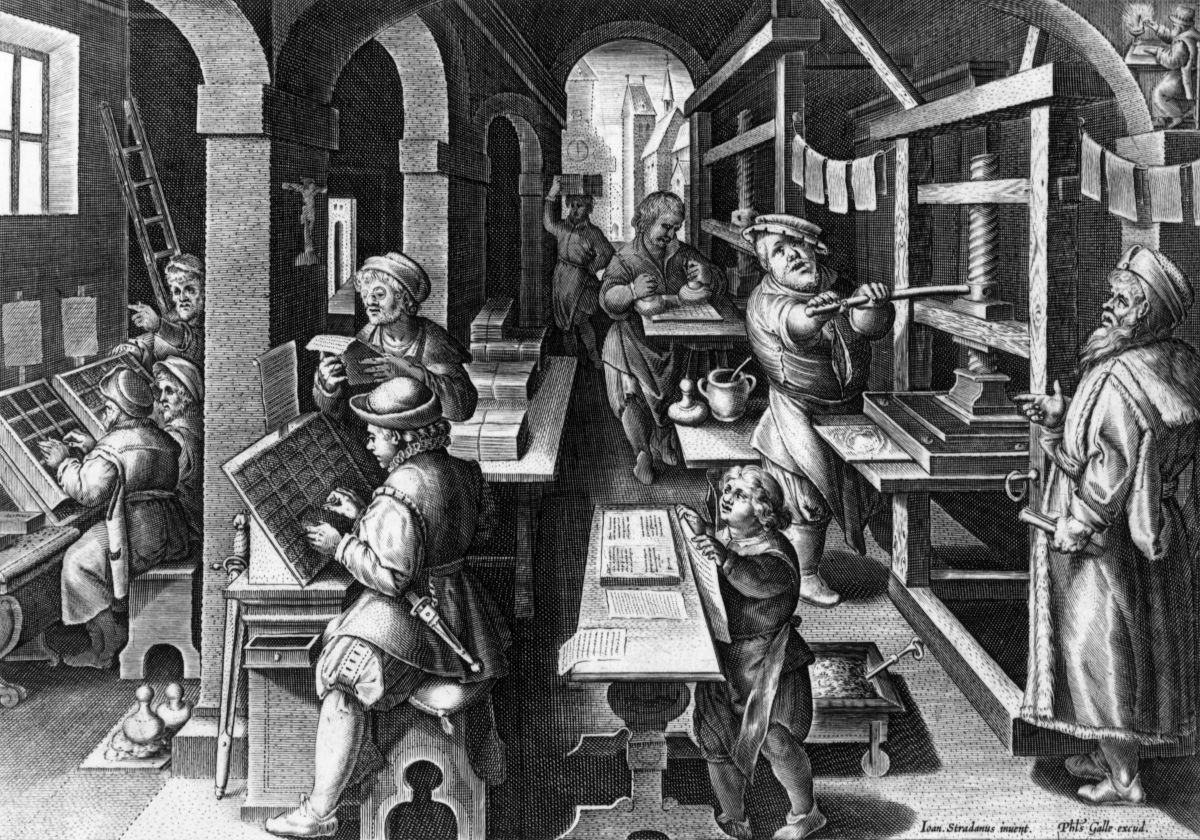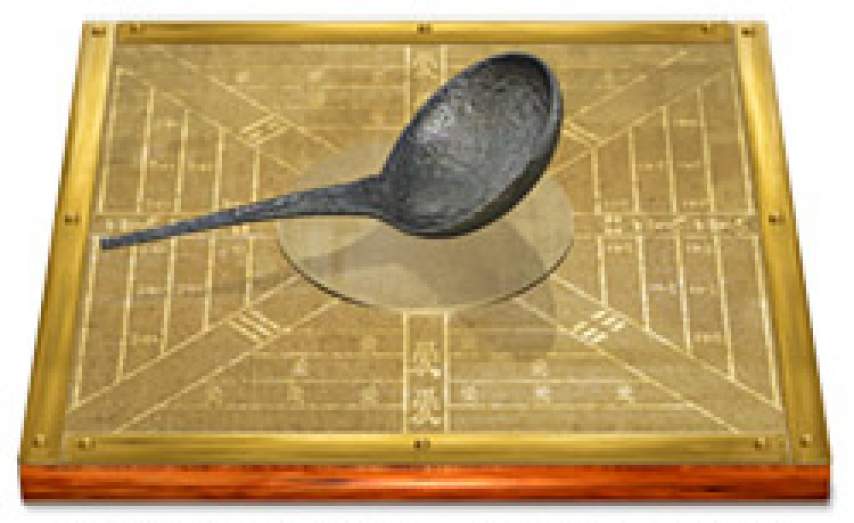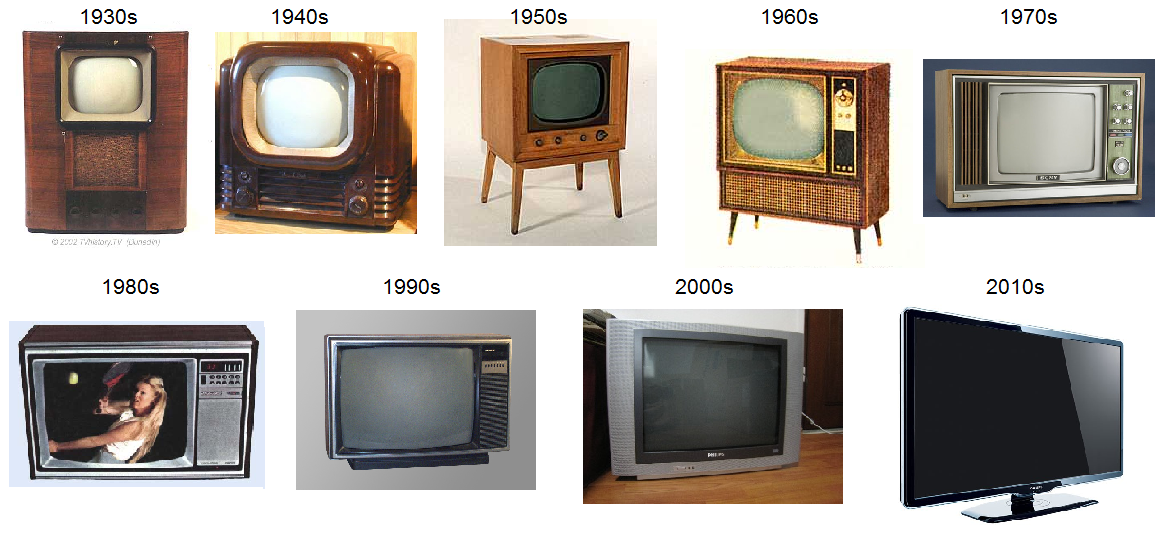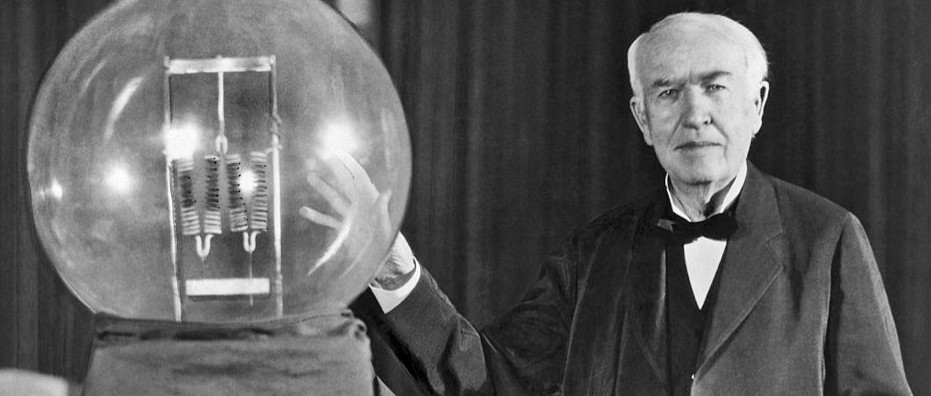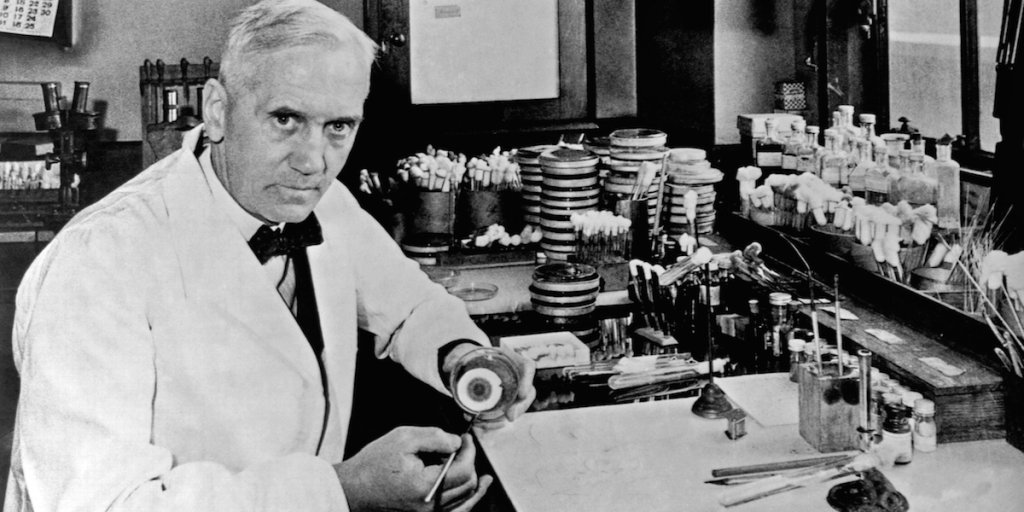Every year or decade, the world witnesses some innovative minds and their ground-breaking inventions in different fields that make a huge impact on the lives of common people.
These inventions change the way people live and also make the world a better place. Today we will be covering 10 such pathbreaking inventions that have made a huge impact on the world we live in.
Top 10 Inventions That Changed the World: Check them out!
1. Steam Engine
Inventor: James Watt
Steam engine’s first version dates back to the third century AD, however it gained prominence in the 19th century. When the world was witnessing the industrial revolution the modern form of the internal combustion (IC) engine came into existence.
James Watt, the inventor of the steam engine worked for decades in the designing and blueprint of how the steam engine will work. James created the mechanism where the combustion of fuel will result in high-temperature gas and as it expands it will apply pressure to a piston and move it.
This pathbreaking invention played a key role in the transportation industry and led to the invention of other machinery such as automobiles and airplanes that has forever changed the way people travel across the world.
2. Wheel
Inventor: Unknown
In the different time periods, the concept of asymmetrical component that moves in a circular motion on an axis was in existence in places like ancient Mesopotamia, Egypt, and Europe. As a result, there is ambiguity about where the wheel emerged first and who invented it.
However, this great invention gained prominence in 3500 BC and it has grown to become one of the most important inventions ever in the history of mankind. It has changed the mode of transportation and is also used to facilitate farming. This invention paved the way for the discovery of many things from clocks to vehicles.
3. Printing Press
Inventor: Johannes Gutenberg
Printing Press was invented by Johannes Gutenberg in 1450 AD by borrowing heavily from Chinese assets and application of these assets to the advanced machines. The iron material used in the printing press was replaced with wooden material in the 19th century to increase the speed of the process of printing.
The printing press innovation has led to the cultural and industrial revolution in Europe. The printing press has played a pivotal role in the dissemination of documents, books, and newspapers to the masses in Europe.
These documents include religious books like the Holy Bible and other important texts that made people think, read and start questioning. In just 50 years post its invention almost twenty million were printed in Western Europe.
4. Computer
Inventor: Charles Babbage
Charles Babbage, a Mathematician, and mechanical engineer is considered the “father of computers” as he invented the first mechanical computer in the early 19th century. Another mathematician and computer scientist, Alan Turing was highly influential in the progress of theoretical computer science.
The invention of the computer has changed the world landscape beyond anyone’s imagination. The computer has accomplished amazing things in the history of mankind. Computers have helped high-performance military aircraft to fly and put a spaceship into orbit.
It also contributed much in the field of medical science, film industry, judiciary, supply chain management, manufacturing as well as the service industry. It helps in the smooth functioning of cars, phones, and power plants. In a nutshell, it touches every aspect of human life in one form or the other.
5. Internet
Inventor: Vinton Cerf
It is difficult to imagine life without the internet in today’s world. The internet was first invented by Vinton Cerf in the year 1973 backed by the US Department of Defense Advanced Research Projects Agency (ARPA). The primary purpose in the initial days was to provide a network of communication within research labs and universities within the United States.
Internet invention is considered one of the foremost revolutionary concepts of the 20th century. There were more than 25 million computers that were connected in the year 1996 through the internet across the globe in more than 180 countries.
6. Compass
Inventor: The Chinese
These days it is easy for sailors to use modern navigation and GPS systems but in the olden days, mariners used to take guidance from stars and celestial bodies for navigation. However, this method was ineffective during the daytime or on cloudy nights, making it a risky proposal to travel long distances from land.
The credit for this super invention goes to the Chinese who invented the first compass between the 2nd Century B.C. and 1st Century A.D. (during the Han dynasty). It was made up of lodestone which is naturally-magnetized iron ore. Its practical usage however started initially between the 11th and 12th centuries (during the Song Dynasty).
7. Television
Inventor: Vladimir K. Zworykin and Philo Farnsworth
It would be unfair to attribute the invention of television to one person, however, it is believed that it was the brainchild of Vladimir Kosma Zworykin & Philo Farnsworth.
The television has evolved from mechanical to electronic to color to digital to smart and now 3D versions impacting family and social life.
8. Light Bulb
Inventor: Thomas Alva Edison
Thomas Alva Edison has invented the light bulb that lasted for 1500 hours without burning out in 1879. The concept was further enhanced by others in the creation of workable and bright light bulbs. This invention has revolutionized indoor living.
9. Penicillin
Inventor: Alexander Fleming
Noble peace winner, Alexander Fleming has discovered penicillin accidentally in a bacteria-infested Petri dish in the year 1928. Penicillin drug is a group of antibiotics that helps in the treatment of various infections in the human body without causing any harm.
Mass production of Penicillin started during World War II to get rid of venereal diseases among soldiers. It is considered to be one of the most famous inventions in the field of medicine.
10. Telephone
Inventor: Alexander Graham Bell
Alexander Graham Bell invented the Telephone in 1876 by joining two cups with a thread to talk from one end and listen from the other. This experiment laid the foundation work in the telecommunication industry that is now the lifeline of not only big industries but also individuals.
Even though many inventors did great work in the field of electronic voice transmission, Alexander Graham Bell was the first one to be awarded a patent for the electric telephone. He called the first telephone an “electrical speech machine.”
Because of this invention telecom industry witnessed exponential growth and revolutionized global business across all industries. When Bell passed away in 1922, U.S. telephone service was stopped for a minute to honor him.
Hope you enjoyed reading our article. Share your feedback in our comments section below!


